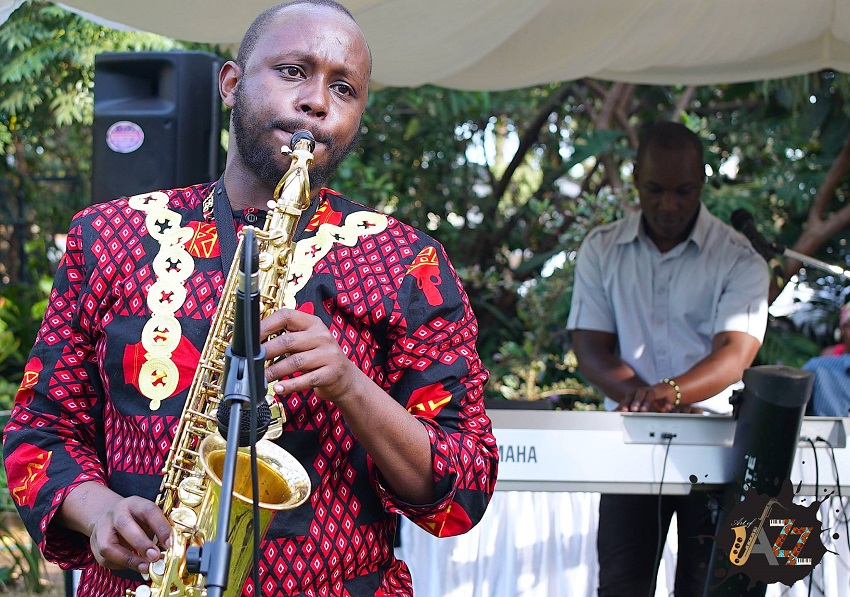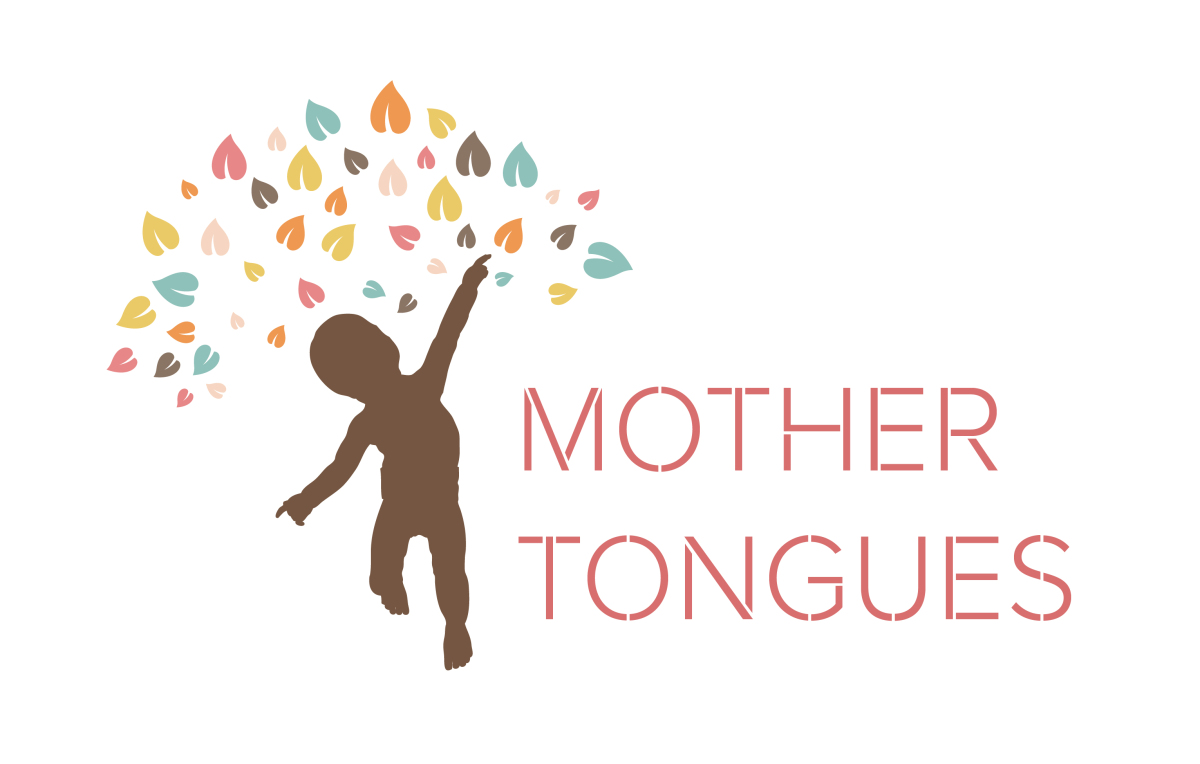How to Reduce Travel Anxiety
19th May, 2021 at 9:52AM
Taking a vacation and traveling to a new place can be a great way to get away from your stressors and gain new perspectives. However, travel anxiety is common and can make a trip uncomfortable and unenjoyable.Anxiety can cause numerous symptoms including increased heart rate, chest pain, nausea, and restlessness. It can also make it hard to sleep or focus. These symptoms can be distressing and affect your ability to function and your wellbeing.If your travel anxiety is too bad that you cannot function or do the things that you want to do, then you may want to look into therapy for anxiety. There are several types of therapy that can be effective for anxiety including cognitive behavioral therapy and neurofeedback therapy. Check out this article to learn more about neurofeedback and how it may help you.Travel Anxiety CausesA lot of things can contribute to travel anxiety and the factors will likely differ for every person. However, there are also some common elements that can affect a person's anxiety level about traveling. Past experiences can also make it more likely that someone develops travel anxiety.One of the most common roots of worry about travel comes from a fear of flying. Flying can be associated with a feeling of no control, discomfort, and a fear of the unknown. Traveling often involves flying. However, there are some exciting vacations that you can take without flying as well. You can also work with a therapist who specializes in phobias if your fear of flying is keeping you from going to the places that you want to visit.People may also be afraid of traveling because they feel in control at home in the environment that they are comfortable in. They may be afraid of things that are unlikely to happen. They may also feel comforted by their mundane routine because it is something that they are used to.Some people find that they only have anxiety after their trip begins. This may be because of the differences that they face or the fact that the place is not the same as they expected it to be. Also, jetlag may contribute to higher anxiety levels.Planning AheadTravel can be great for your mental health, but it is important that you plan ahead to reduce travel anxiety. In fact, just planning a trip may help give a boost to your mood and wellbeing. Prepare healthy coping methods that you can use while you are traveling. You can try mindfulness, deep breathing, visualization, meditation, or anything that helps to calm down your anxiety.Try writing down different events or situations that you are worried about. Then, think of a plan to take care of those situations while you are away from home. This can help you be prepared for the worst and calm your worries about the things that could happen.A lot of people may also worry about forgetting something on their trip or not having access to something. It can be good to make a list of everything that you may need while you are away. Then, you can come up with a plan of action for situations where you forget or lose any of those items. This will also make it more likely that you will remember everything that you may need while you are on vacation.You may also want to schedule out each day. Sometimes it can be stressful to try to plan things out on the go because you want to make sure you have a good, meaningful experience. It is also important to leave some extra time for unexpected situations like traffic or long meals. You may also want to schedule some downtime to destress and relax.Identify TriggersIdentifier the triggers for your travel-related anxieties is the first step in avoiding them or learning to cope. Some may be unavoidable, but there are also things that you can do to reduce the anxiety you have like mindfulness techniques or meditation.Identifying your triggers can also let you know what to expect and when to expect anxiety levels to rise. A lot of people are triggered by crowds and if that is the case then you may want to plan your trip during off times and seasons.Change FocusWhen traveling, you may have a tendency to focus on the symptoms associated with your anxiety. Instead, try to focus on other activities or situations that are positive or pleasant. You can try to look at peaceful surroundings or find joy at the moment.You may also want to bring comforting items with you to ground you when you feel your anxieties start to rise. Things that remind you of the comfort of home can help to distract you or allow you to focus on positive things. You can also bring a book or a game that can help to distract you during anxiety-causing events like flying on an airplane.ConclusionTravel anxiety can be uncomfortable, but it does not have to keep you from traveling at all! There are things that you can do to reduce your anxiety levels so that you can enjoy your trip. Make sure that you plan ahead, and you may also want to learn some mindfulness or relaxation techniques. Finally, you can travel with a companion that you trust to help ease your fears and anxieties. A friend or family member can comfort you and can increase your enjoyment as well. It can even strengthen your bond and provide you with memories that will last forever.

28th Feb, 2019 at 11:53AM
Celebrating 'Art of Jazz' Event on International Jazz Day

11th Aug, 2020 at 9:11AM



